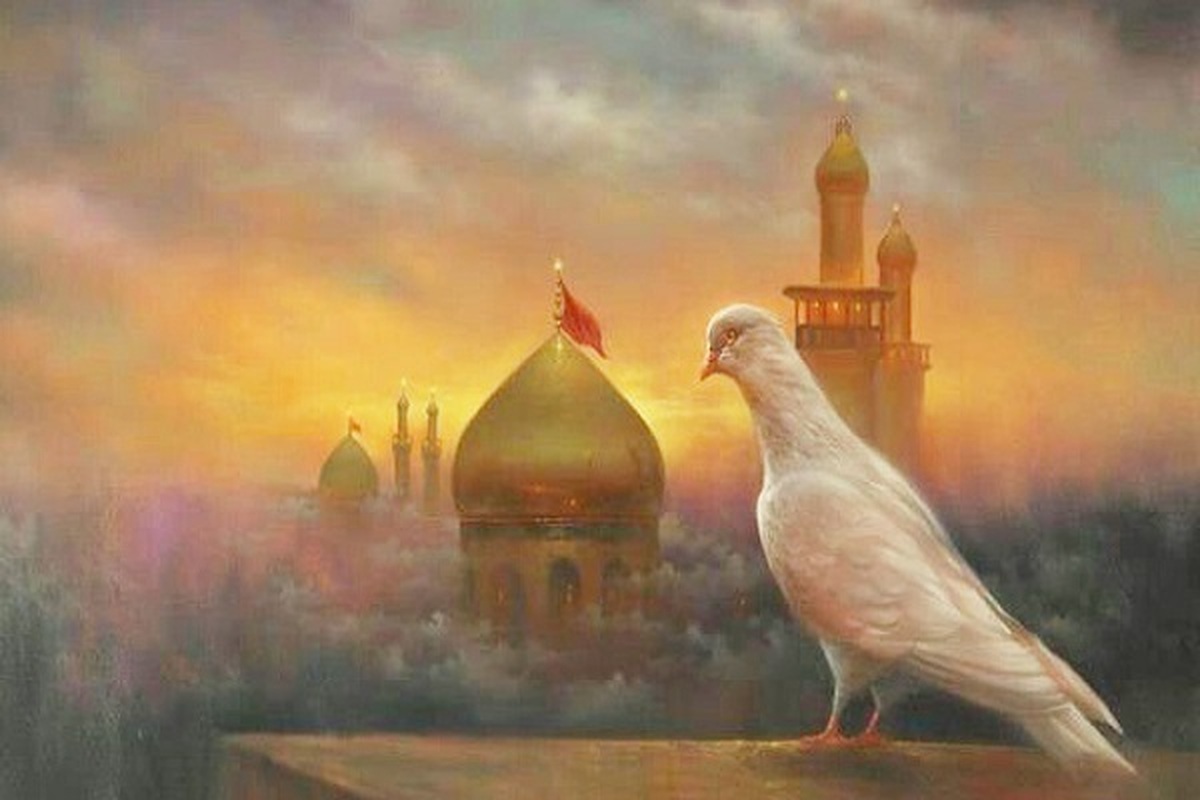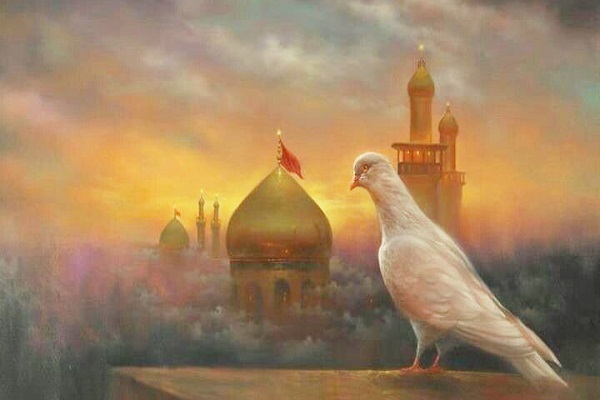What Quran Says about Oppression Faced by Imam Hussein


When Imam Hussein (AS) rose against the tyrannical and illegitimate rule of Yazid, he was left alone and unsupported. No one came to his aid, and eventually, he was besieged and martyred after a bloody battle in Karbala in 680 AD.
Thus, the oppression faced by Imam Hussein (AS) is so evident and profound that it can be considered a clear example of some verses of the Quran.
In one verse, God emphasizes the sanctity of human life and declares that if someone is wrongfully killed, their guardian has the right to seek justice:
“And do not kill the soul which Allah has forbidden, except by right. And whoever is killed unjustly, We have given his heir authority [to seek retribution]...” (Verse 33 of Surah Al-Isra)
Respect for human life is a principle found in all religions and moral systems. However, in Islamic traditions, the most prominent example of wrongful killing is killing Imam Hussein (AS) and his loyal companions. Some narrations state that the guardian of Imam Hussain’s blood is the Promised Mahdi (may God hasten his glad advent), who will rise in the future to establish justice and avenge his martyrdom.
Another Quranic verse refers to the oppressed who are granted permission to defend themselves:
“Permission [to fight] has been given to those who are being fought because they have been wronged, and indeed, Allah is competent to grant them victory.” (Verse 39 of Surah Al-Hajj)
According to some commentators and narrators, this verse also alludes to the oppression faced by Imam Hussein (AS), as he was forced into battle to defend the religion of Allah and stand against tyranny.
Read More:
Furthermore, in the story of the sacrifice of Ismail (AS) mentioned in the Quran, Allah commanded Prophet Abraham (AS) to sacrifice a ram sent by Him instead of his son. This great sacrifice is referred to as a “mighty sacrifice”.
“And We ransomed him with a mighty sacrifice.” (Verse 107 of Surah As-Saafaat)
According to some interpretive narrations, “the mighty sacrifice” does not merely refer to the ram but points to a greater truth. Some Quran interpreters believe it refers to a descendant of Abraham (AS) whose pure blood would be spilled in the path of Allah—and this person is Imam Hussein (AS). In a narration from Prophet Muhammad (PBUH), it is said that Allah revealed the story of Imam Hussein’s martyrdom to Abraham (AS), who wept bitterly from immense sorrow.


